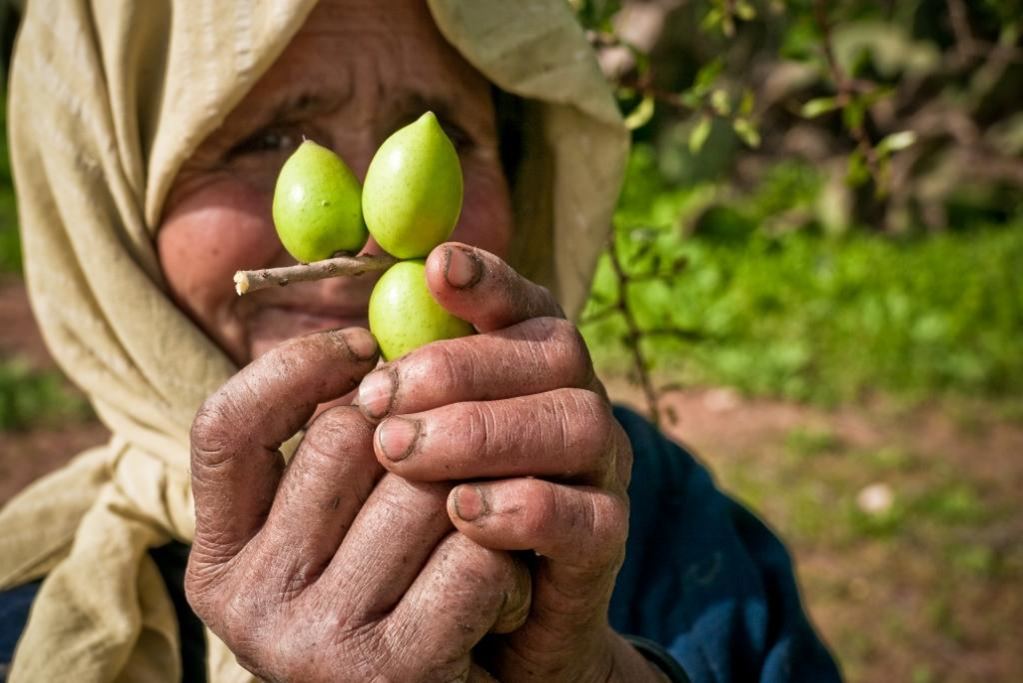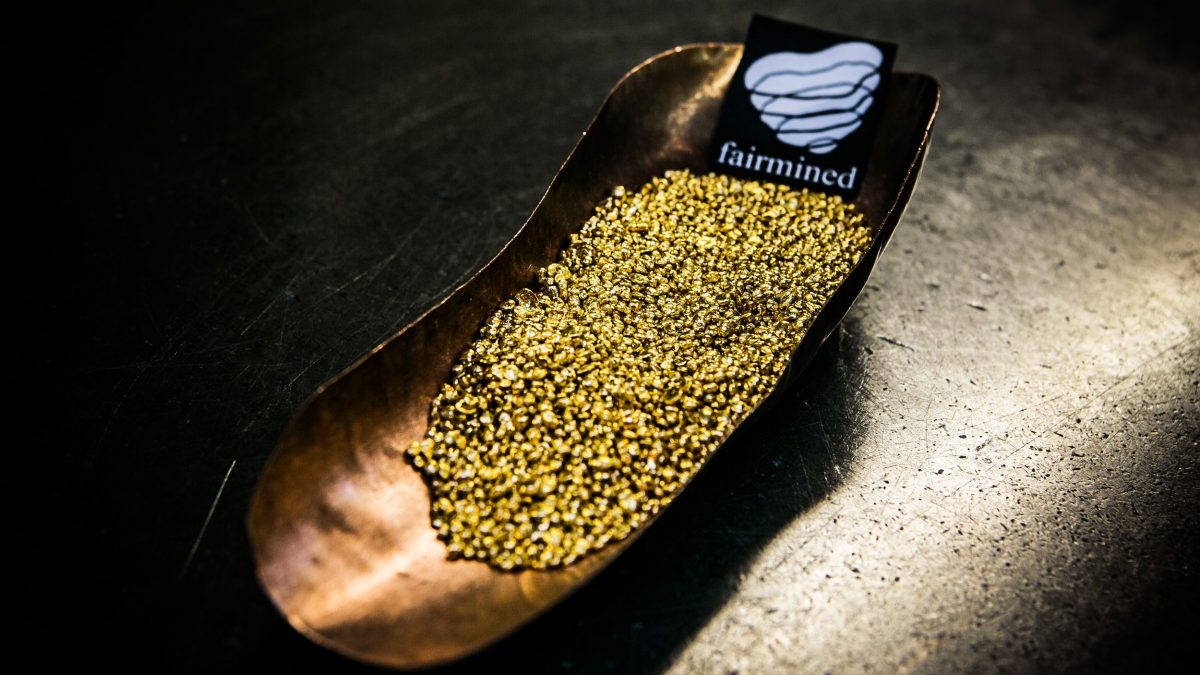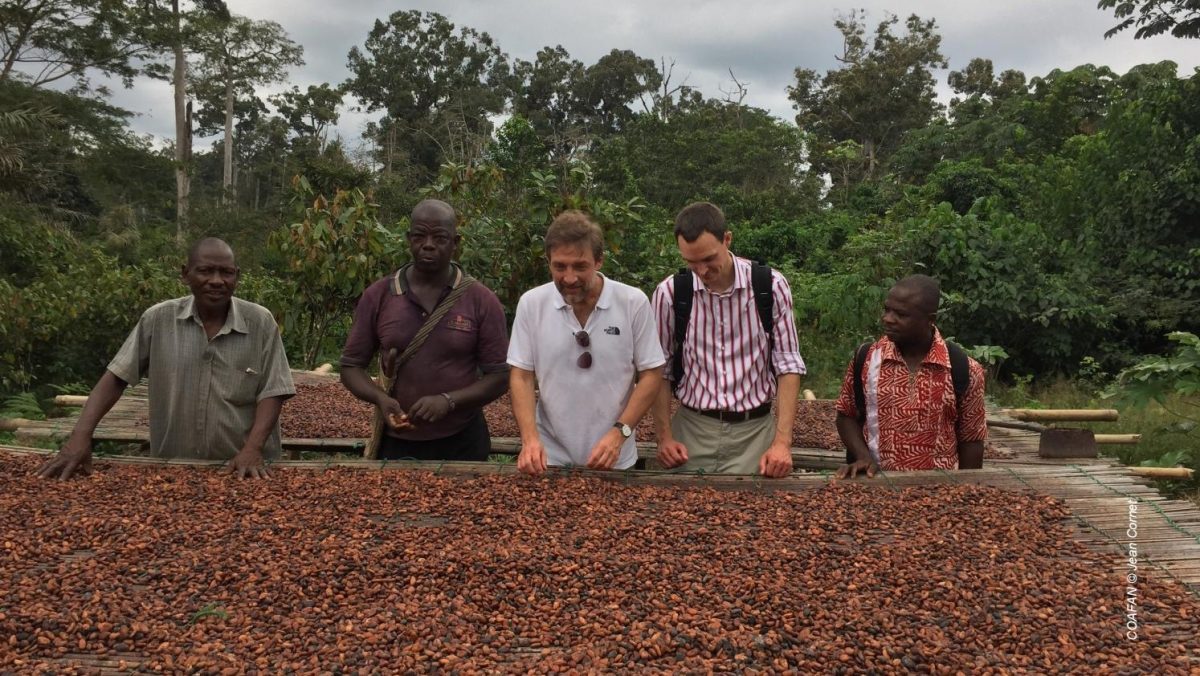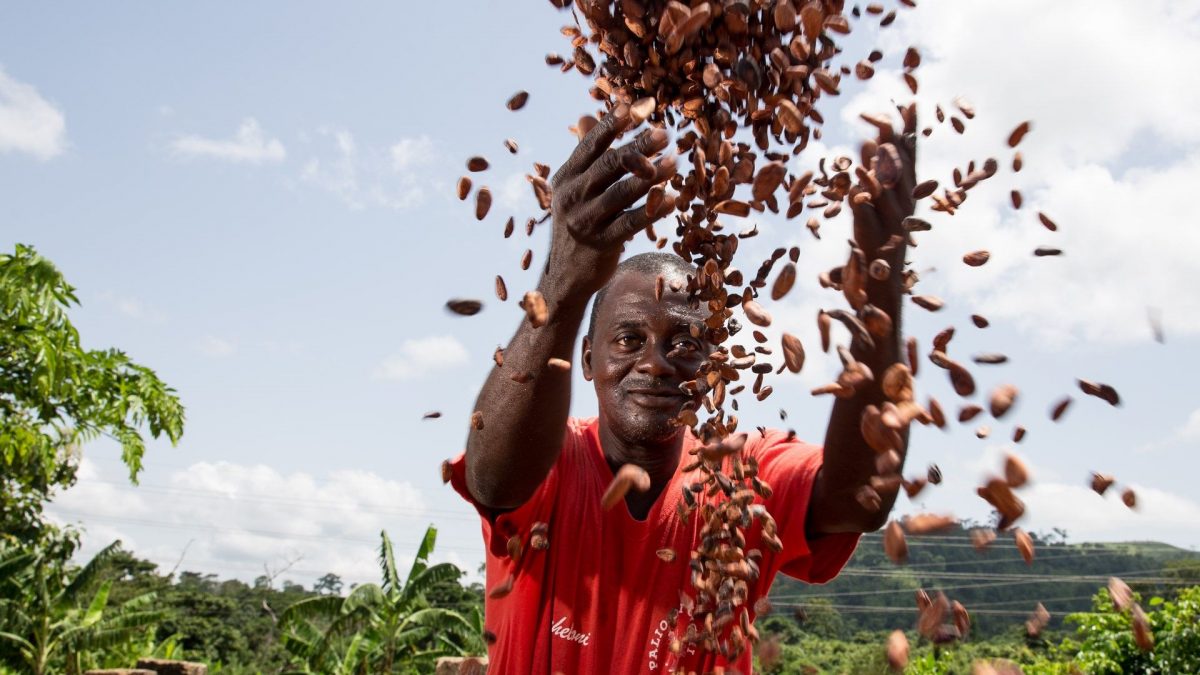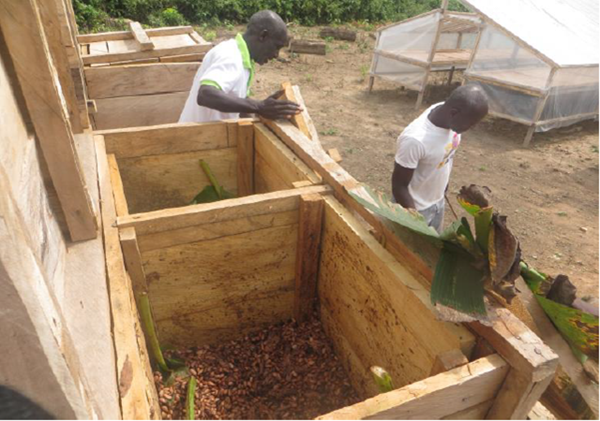The Souss-Massa-Drâa region in southern Morocco is facing many challenges. In addition to the threat of the advancing Sahara, the traditional Berber communities are also persistently poor. Since a few years the Trade for Development Centre is very active in the region, with on one hand financial assistance to the local NGO Ibn Al Baytar, and on the other hand marketing support in projects of the Belgian development agency. A sustainable future for the region inevitably depends on the development of local assets such as argan oil, dates and saffron.
